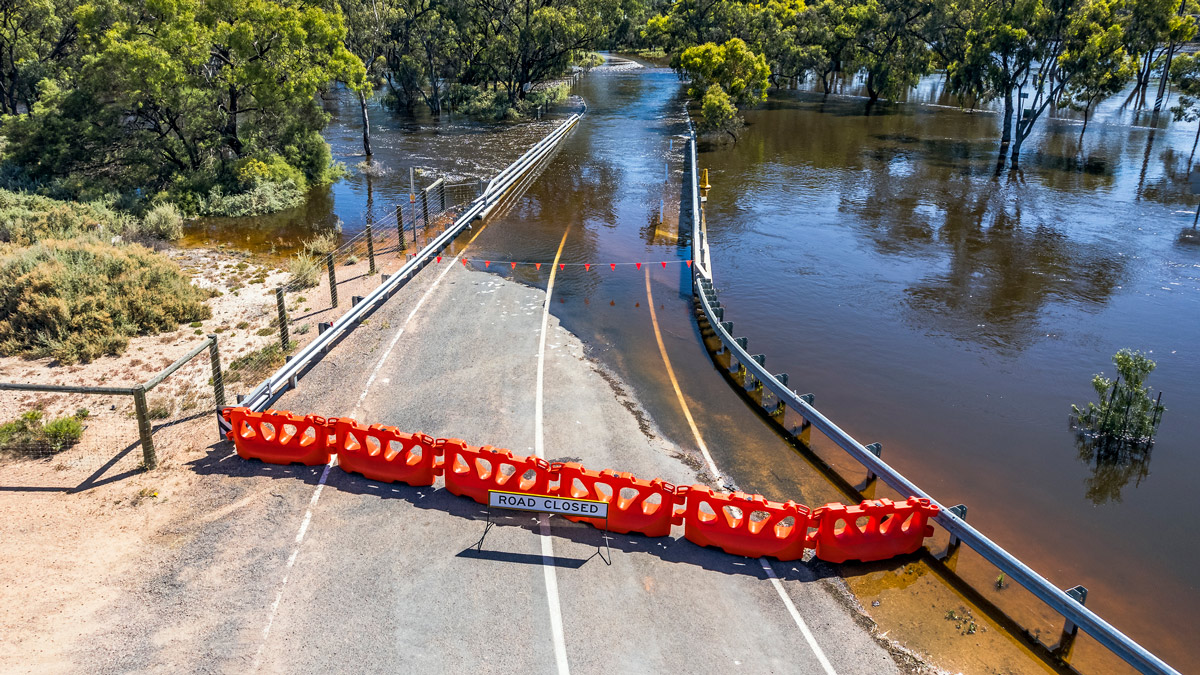Get our independent lab tests, expert reviews and honest advice.
Complaints about insurance have never been higher

In 2022–23, AFCA received the highest number of general insurance complaints in the history of external dispute resolution, including some of the 3994 complaints related to the 2022 floods.
In our January submission to the government’s inquiry into how insurers responded to major floods around Australia in 2022, we provided a rundown of the many ways they fell short.
Policyholders faced long delays in having claims finalised or had them knocked back for flimsy reasons, such as insufficiently maintaining their properties. Many also had to contend with third-party experts hired by their insurer who showed little compassion for their circumstances and seemed to favour their employers in their assessments.
After complaining to insurance providers and getting no satisfaction, 3994 policyholders affected by the 2022 floods took the next step and lodged a complaint with the Australian Financial Complaints Authority (AFCA).
The complaints came in as late as 14 February 2024, giving an indication of how long some policyholders had been fighting for a fair resolution.
‘Profound and life altering’
In AFCA’s appearance before the government’s Standing Committee on Economics on 21 February this year, chief operating officer Justin Untersteiner spoke from the perspective of affected homeowners, saying “By the time they reach us, consumers are often stressed and fatigued, having typically already been through the claims process and internal dispute resolution processes with their insurer.” (CHOICE also appeared before the committee.)
Consumers have found themselves in acute states of uncertainty about their future
AFCA chief operating officer Justin Untersteiner
After having their lives upended by natural disaster, these drawn-out processes often made matters worse.
“The impact on communities, families and individuals has been profound and life altering. Floods are traumatic. Consumers have been displaced from their homes and communities; they have suffered extensive loss of property; and they have found themselves in acute states of uncertainty about their future.”
A bad year for policyholders
It’s not just home insurance flood claims that are leaving policyholders in the lurch.
AFCA saw a 50% increase in complaints against all general insurance providers (including car and travel insurance) in 2022–23, the highest number in the history of external dispute resolution.
“The high volumes of complaints we saw coming through in 2023 concerned us deeply. It was a signal that things were not working for large numbers of customers as they interacted with their insurers.”
Most of the complaints had to do with delays in claims being processed and paid, or claims being denied altogether.
The high volumes of complaints we saw coming through in 2023 concerned us deeply
AFCA chief operating officer Justin Untersteiner
In AFCA’s view, the delays could often be attributed to insufficient resourcing on the part of the insurer.
Claims denials were often based on reports that made little sense to homeowners. Many claims were knocked back on the basis of preexisting wear and tear, for instance, or questionable hydrology reports.
Denying claims seems to be the default position for many insurers. A 2023 review by the General Insurance Code Governance Committee found that half of home insurance claims denials were overturned after the policyholder lodged a complaint with the insurer.
Broken promises
The backstory of the many complaints was familiar: policyholders had been paying premiums and thought they were covered.
“People take out insurance for peace of mind, to protect their homes, cars and families. The value of an insurance policy is in the promise that allows consumers to feel confident and secure they will be looked after if something goes wrong,” Untersteiner says.
“Consumers then expect their insurer to be there when something actually does go wrong, and to be treated fairly and with dignity and respect when that happens.”





